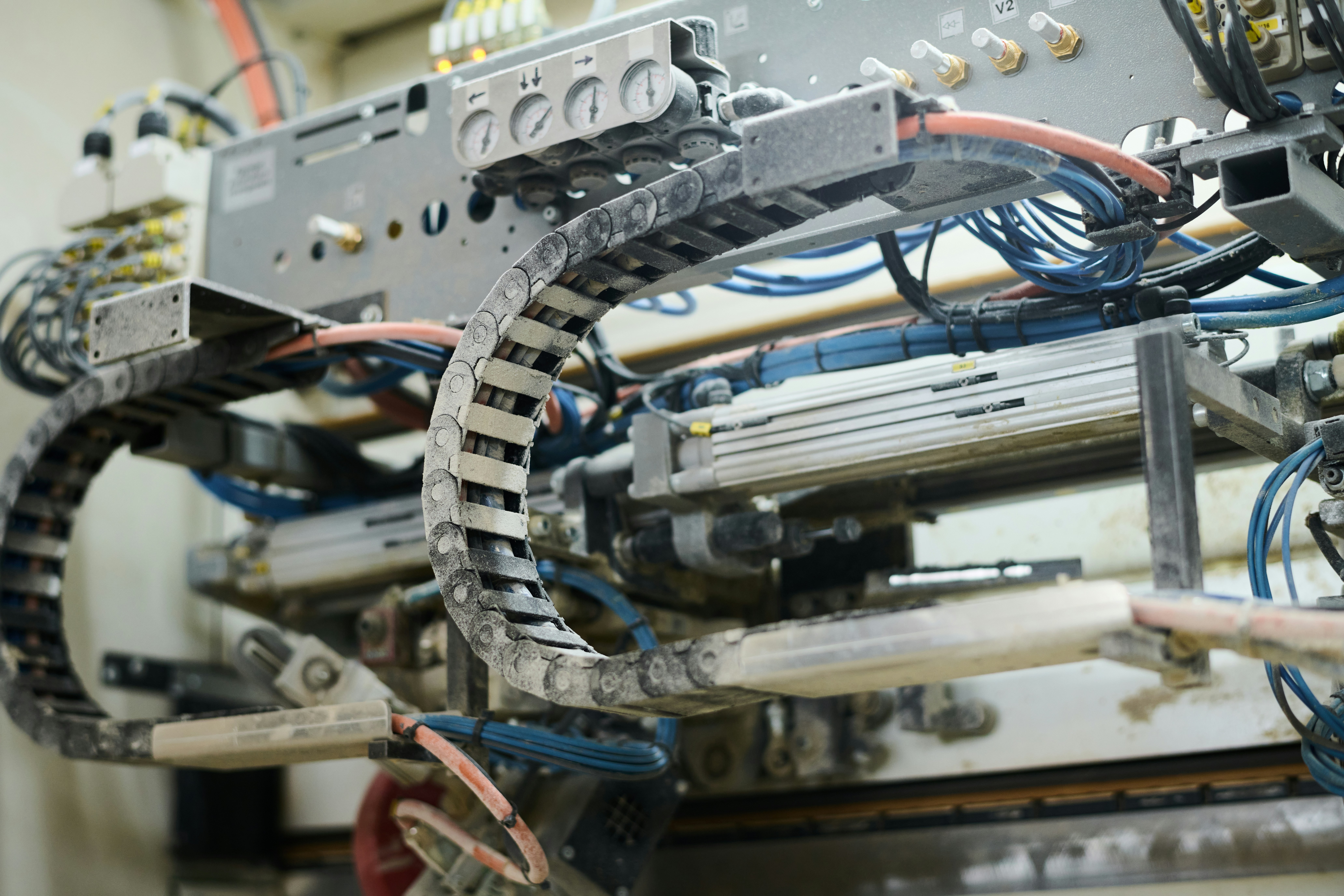
Control Systems Engineering is a pivotal and highly specialized field that encompasses the comprehensive process of designing, analyzing, and implementing sophisticated controller systems, which are used in various devices to manage, regulate, and optimize the behavior of dynamic systems. Mastery in this discipline is essential, as it directly influences the performance, safety, and operational efficiency of critical infrastructure, industrial applications, and advanced technologies across various sectors. This article will delve into the most effective strategies, best practices, and cutting-edge innovations in control systems engineering, highlighting their importance in driving the future of automation, system stability, and technological advancement.
Emphasize Robust Education and Continuous Learning
The foundation of excellence in control systems engineering is built upon a strong and comprehensive educational background that provides the fundamental knowledge required to succeed in this highly specialized field. Aspiring engineers should focus on obtaining degrees in control systems engineering, electrical engineering, or other related disciplines, as these programs offer the essential skills and theoretical knowledge needed to design, analyze, and implement effective control systems. While a bachelor’s degree is often the starting point, pursuing advanced degrees such as a master’s or doctorate can significantly enhance an engineer’s expertise, deepen their understanding, and provide valuable specialization in specific areas of control systems, such as automation, robotics, or systems optimization. However, formal education alone cannot guarantee success in this ever-evolving field. Control systems engineering is inherently dynamic, with continuous technological advancements, methodologies, and industry practices. As such, engineers must dedicate themselves to lifelong learning and professional development to remain competitive.
Focus on Practical Experience
Hands-on experience is invaluable. The practical application of theoretical knowledge allows engineers to understand real-world dynamics and system behaviors not fully captured in simulations. Internships and cooperative education programs allow emerging engineers to work alongside experienced professionals. Additionally, engaging in real-world projects in academic settings, research institutions, or industry builds practical skills and expertise essential for mastering control systems engineering.
Utilize Advanced Tools and Technology
Advanced tools and technology are essential for designing and analyzing complex control systems. Software tools like MATLAB, LabVIEW, and Simulink are industry standards for simulating and testing control strategies. Familiarity with these tools enables engineers to model systems accurately, analyze data efficiently, and implement control algorithms effectively. Continuous training in these technologies ensures engineers can leverage the full spectrum of features to optimize control solutions.
Implement Rigorous Testing and Validation
Testing and validation form the backbone of practical control systems engineering. Engineers must rigorously test systems under various scenarios to ensure reliability and safety. This includes stress, performance, and compliance testing according to industry standards. Simulation tools are beneficial, but real-world testing is critical for understanding how control systems perform under different environmental and operational conditions.
Foster Interdisciplinary Collaboration
Control systems engineering often intersects with other engineering disciplines, such as mechanical, chemical, and software engineering. Collaborating across disciplines enhances the design and functionality of control systems. Engineers must communicate effectively with other specialists to integrate control systems seamlessly with other components of larger systems. This interdisciplinary approach fosters innovation and produces more robust and practical engineering solutions.
Adhere to Best Practices and Industry Standards
Adhering to industry standards and best practices ensures the reliability and safety of control systems. Standards such as ISO 9001, IEC 61131, and others specific to different industries provide guidelines that help engineers design systems that meet safety, quality, and performance requirements. Understanding and implementing these standards is crucial for developing effective and compliant systems compliant with regulatory requirements.
Develop Soft Skills
While technical proficiency is crucial, soft skills such as problem-solving, critical thinking, and teamwork are equally important. Control systems engineers must be able to identify problems, devise practical solutions quickly, and work collaboratively with others. Practical communication skills are also essential, as engineers often need to explain complex concepts to non-specialists, including stakeholders or team members from different technical backgrounds.
Achieving excellence in control systems engineering requires robust education, practical experience, mastery of advanced tools, rigorous testing, interdisciplinary collaboration, adherence to standards, and well-rounded soft skills. By focusing on these areas, engineers can significantly enhance their ability to design and implement sophisticated control systems that meet the demands of today’s technologically driven world.